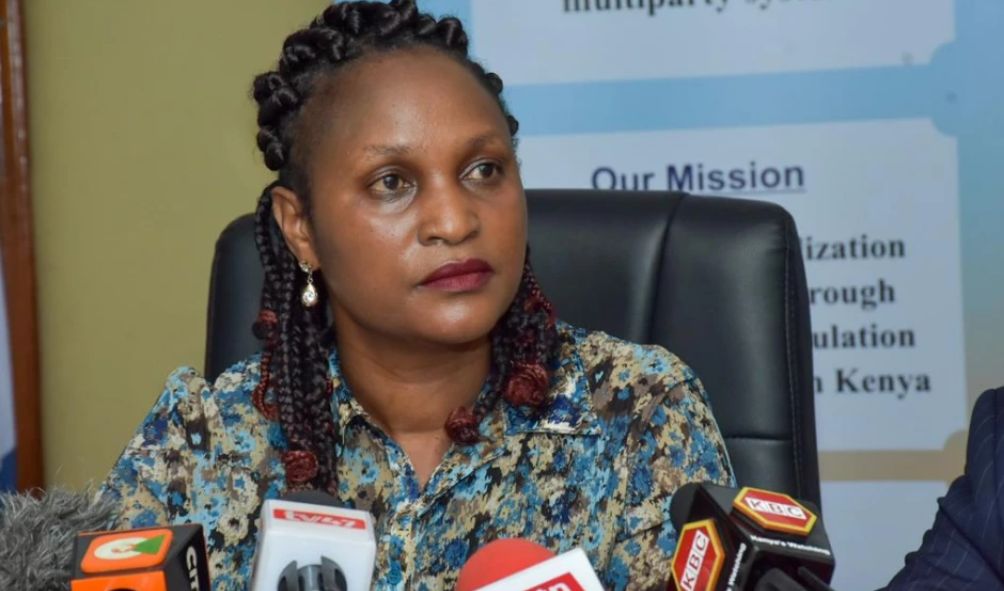The Registrar of Political Parties has refused to reserve names associated with Gen Z to register political parties.
Efforts by a faction in Kenya to reserve the name for future use were unsuccessful after the ORPP turned down the request.
Simon Maina Mwangi had written to the ORPP requesting the reservation of these names.
The names he wanted to reserve included Gen-Z Movement, Gen-Z National Movement, Gen-Z People’s Alliance, Gen-Z People’s Movement, Gen-Z Democratic Party, Gen-Z Alliance Movement, Gen-Z Democratic Movement, Gen-Z Political Party, Gen-Z United Movement, and Gen-Z Alliance Party.
“Your application has been reviewed by the law, and the suggested names have been rejected as they do not promote inclusivity, hence are contrary to Article 91(1) of the constitution,” the ORPP stated in a letter dated July 11, 2024.
In response to the ORPP’s rejection, Maina vowed to challenge the decision at the Political Parties tribunal, arguing that the cited reason is invalid.
“If you say Gen-Z is discriminatory, what about the Farmers Party? Is everyone a farmer? We’ll be moving to the tribunal to challenge the rejection,” he said.
Another application by John Onyango Ogenga to reserve the name Gen-Z party was also rejected by the ORPP for similar reasons.
Ogenga has since appealed the decision at the Political Parties Tribunal.
Ogenga contested the registrar’s decision to reject the party name, Gen Z because it does not promote inclusivity.
“The learned Registrar misdirected herself by not providing the appellant with her interpretation of the name The Gen-Z Party before refusing to reserve it. She only stated that the name does not promote inclusivity.
The name could have multiple interpretations including but not limited to Generation Zote, Generation Zion, General Zod, Gender Z, General Zeus, among others,” he argued.
He mentioned that on June 24, 2024, he applied to reserve the name the Gen-Z Party according to Section 4B of the Political Parties Act and subsequently paid the required fees.
However, he argues that days later, he received a call from the Office of the Registrar informing him that his application for registration was rejected due to a lack of inclusivity.
Ogenga claims that the registrar’s decision is unconstitutional.
“The Decision of the Registrar of Political Parties violates the principles enshrined in the constitution, particularly Articles 10, 20(2), 31(3), 27(4), 28, 36, 38, and 232,” lawyer Ogenga stated in court documents.
Ogenga also seeks clarification on why the Registrar only stated that the name does not promote inclusivity.
“Furthermore, the Registrar of Political Parties erred in concluding that the name Gen-Z does not promote inclusivity, as there are steps to be complied with according to Sections 5, 6, and 7 of the Political Parties Act before the full registration of a political party,” he said.
“The decision made by the Registrar of Political Parties was premature, as it was made before she reviewed the list of members and the regions covered by the political party to conclude that the name does not promote inclusivity.”
He adds that the rejection of the name is therefore premature, discriminatory, and a violation of the appellant’s political rights.


